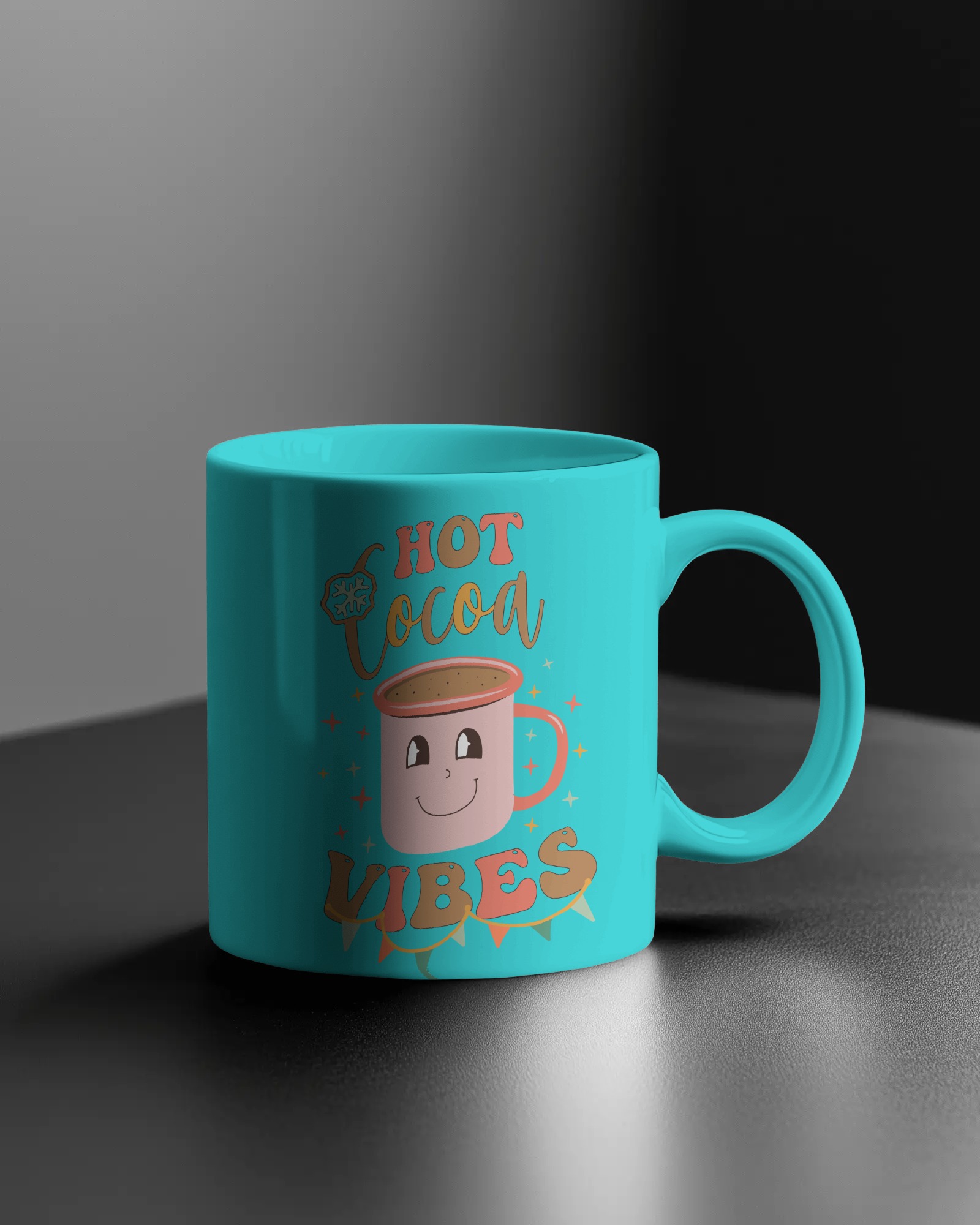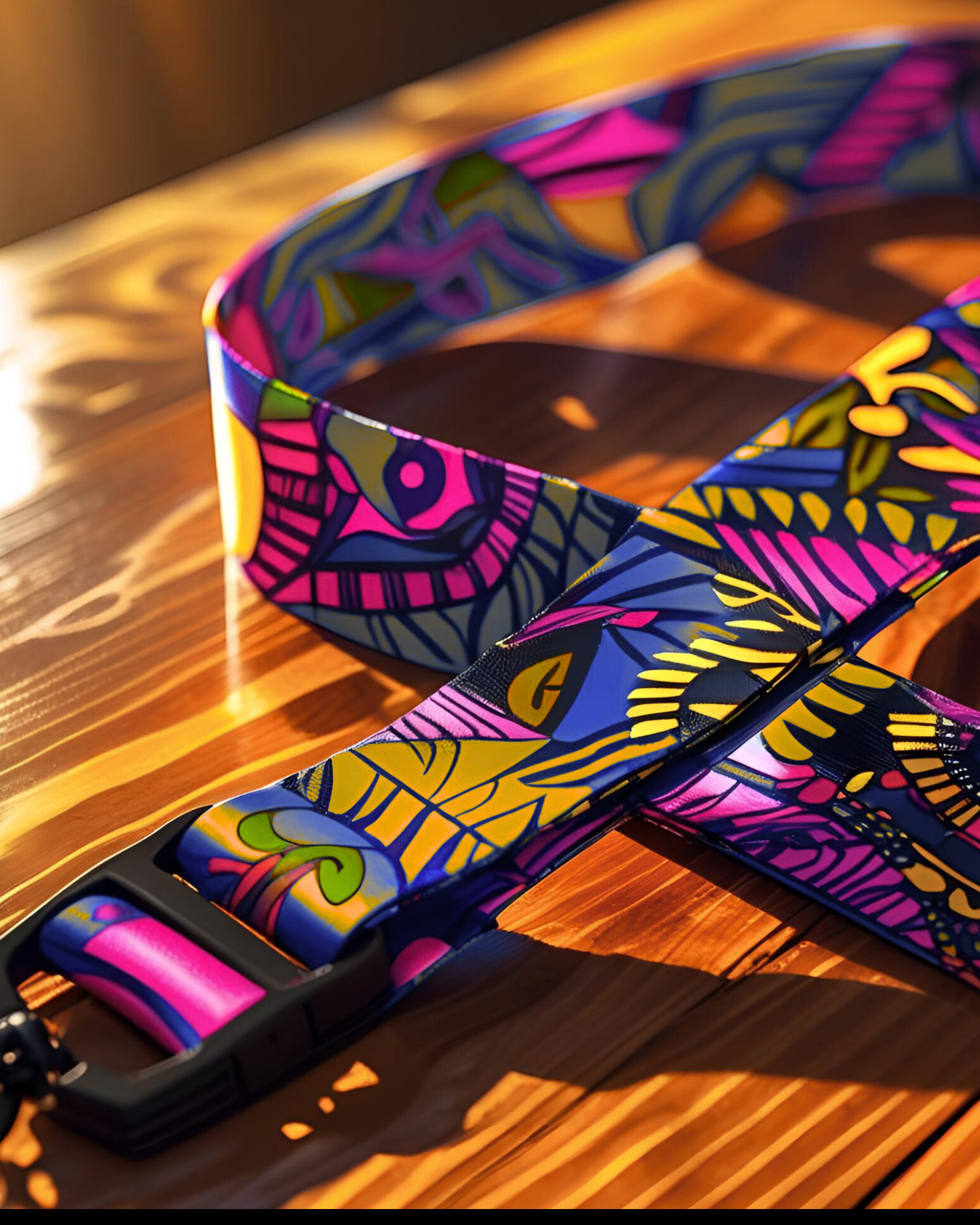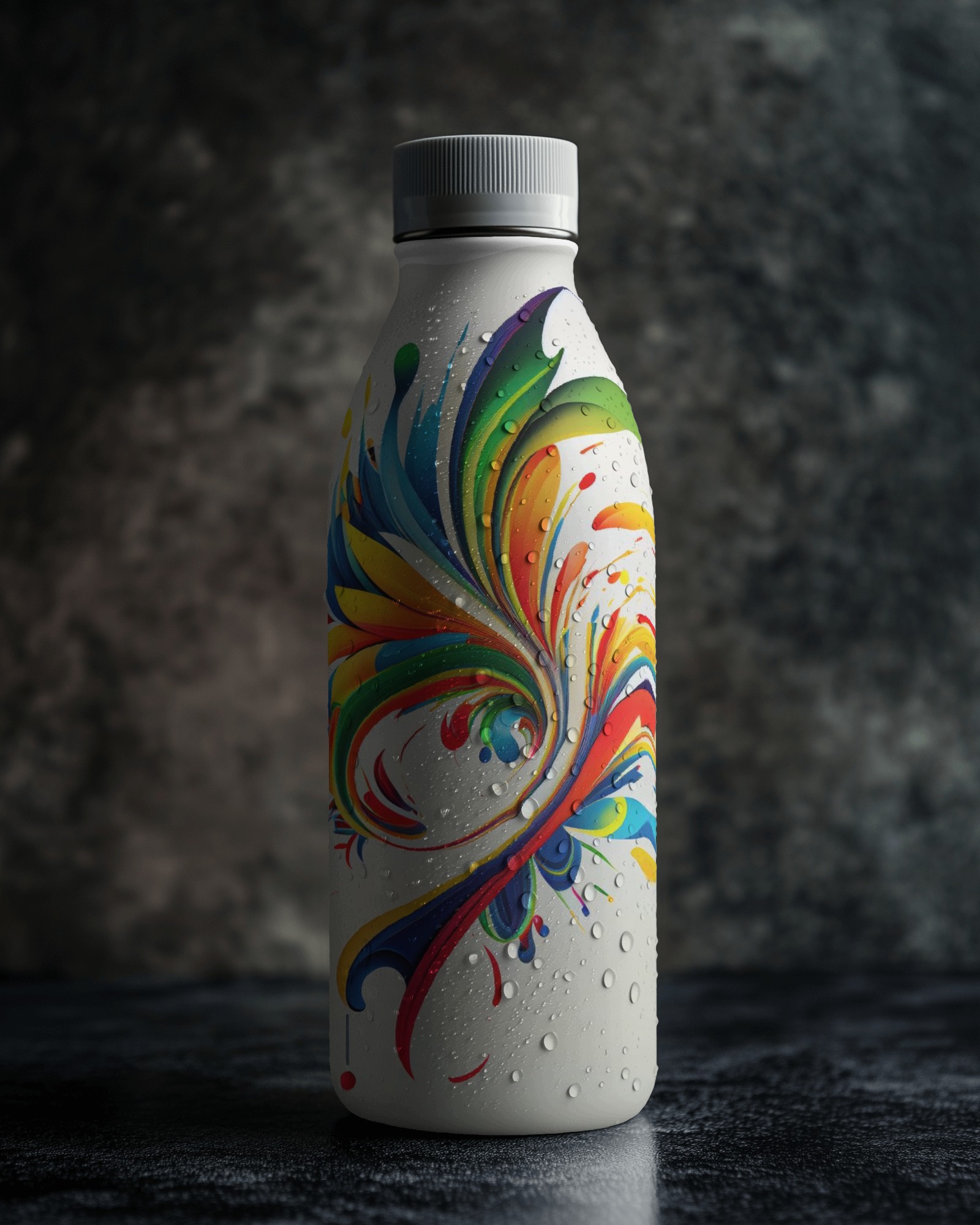How to Create a Mobile Mockup in Photoshop: A Step-by-Step Guide

In today’s digital-first world, presentation matters just as much as the design itself. Whether you're showcasing a mobile app, responsive website, or UI concept, a clean and professional-looking mobile mockup can make all the difference. While online tools like an AI mockup generator offer speed and ease, knowing how to build a mockup in Photoshop allows for greater control and customization.
In this guide, we’ll take you step by step through the process of creating a polished phone mockup using Adobe Photoshop.
Why Use Mobile Mockups?
Before diving into the process, it’s worth understanding why mobile mockups are essential in the design workflow:
Professional presentation: Visualizing your design within a real device adds authenticity and appeal.
Client approval: Mockups help clients clearly see how the final product will look and function.
Marketing assets: Perfect for portfolios, presentations, pitch decks, and social media content.
Design validation: Seeing your design in context can help you spot layout issues early.
What You’ll Need
To get started, make sure you have the following:
Adobe Photoshop (preferably a recent version)
A smartphone mockup template (usually in PSD format with smart objects)
Your design (app UI, mobile website, or graphic saved as PNG or JPEG)
Step 1: Download a Mobile Mockup Template
Begin by sourcing a high-resolution mobile mockup PSD file. You can find free and premium templates on design resource websites like Freepik, Pixeden, GraphicBurger, or Envato Elements. Make sure your template includes smart object layers, which allow you to replace screen content without affecting the rest of the mockup.
Step 2: Open the PSD in Photoshop
Launch Photoshop and open your downloaded PSD file. You’ll typically find a layer labeled “Your Design Here,” “Replace Screen,” or something similar. This is the smart object you’ll be editing to add your own design.
Step 3: Edit the Smart Object
Double-click on the smart object layer thumbnail. A new tab will open, containing the placeholder screen content.
Delete or hide the placeholder.
Drag and drop your app UI or screen design into the smart object window.
Resize and align the design to fit the screen perfectly.
Press Ctrl + S (Cmd + S on Mac) to save, then close the tab.
Back in your main PSD, your mockup will update automatically with your design in place.
Step 4: Customize Shadows, Reflections, and Effects
To make your mockup look realistic, fine-tune shadows, highlights, and lighting effects. Good mockup templates often include editable lighting layers that can be adjusted for:
Shadow intensity and direction
Screen reflection or glare
Color overlays or device gloss
These enhancements add depth and realism to your presentation.
Step 5: Modify the Background
Depending on where you plan to use the mockup, the background might need adjustment. You can:
Use a neutral or solid color for a clean, modern look
Add a gradient or blur for visual interest
Insert a realistic environment or texture to match your branding
The right background can amplify the impact of your design and align with your project’s purpose.
Step 6: Export Your Final Mobile Mockup
Once your mockup looks polished, it’s time to export:
Go to File > Export > Export As
Choose PNG for web use or JPEG for high-quality sharing
Select your desired resolution and save
Now, you have a professional mobile mockup ready to use in presentations, marketing materials, or your online portfolio.
Bonus Tip: Use an AI Mockup Generator for Quick Previews
If you’re working under tight deadlines or just want to preview your design in multiple styles, try using an AI mockup generator. These tools let you upload your design and instantly place it into a variety of device frames and environments — no Photoshop skills required. It’s a fast way to create mockups for social media or internal feedback loops.
While Photoshop offers the most flexibility, AI-based tools are great for quick iterations and bulk mockup generation.
Final Thoughts
Creating a mobile mockup in Photoshop may seem technical at first, but it becomes a smooth and creative process with the right template and tools. It allows you to control every visual detail — from device model and lighting to background and shadows — ensuring your design looks its absolute best.
Whether you're presenting to a client, adding to your portfolio, or creating visuals for your next launch, a well-crafted mobile mockup can enhance your design’s credibility and appeal.
And for those moments when speed is more important than precision, an AI mockup generator is a smart alternative worth exploring.
Note: IndiBlogHub features both user-submitted and editorial content. We do not verify third-party contributions. Read our Disclaimer and Privacy Policyfor details.







